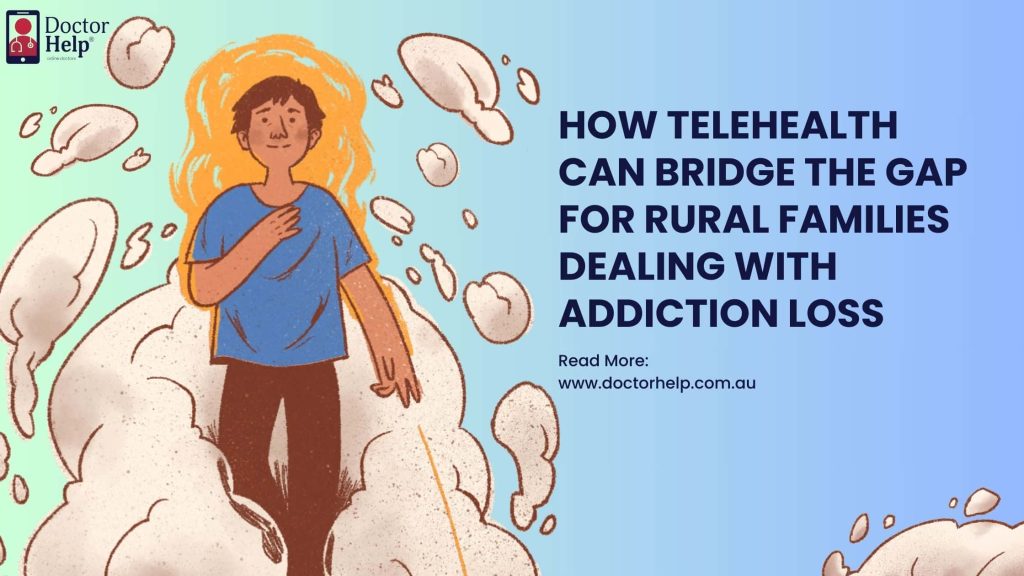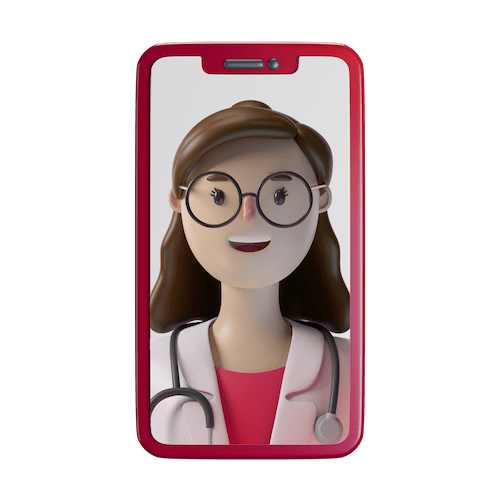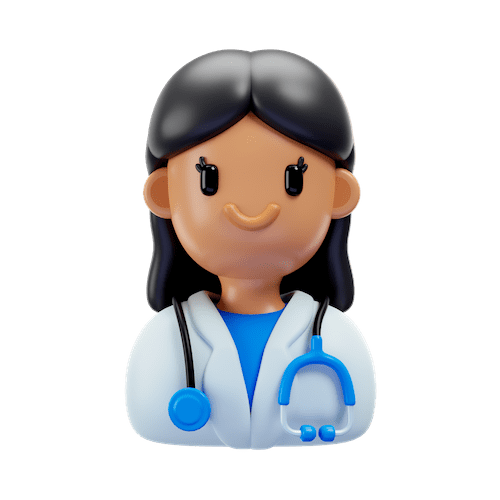Table of Contents
What is the first thing that comes into your mind when you talk about addiction loss? Apart from the loss of life, there are several other factors involved when it comes to loss suffered by families struggling with addiction, and their losses are countless!
.
According to the Australian Institute of Health and Welfare (AIHW) report, almost one in every 153 people strived for treatment in rural and remote areas in 2016–17, compared to major cities which is one in 171.
Why Addiction is More Common in Remote Areas?
Many aspects contribute to increasing the risk of drug abuse among individuals residing in rural or remote areas.
Isolation: In remote areas, there are fewer recreational options than in the major cities. This lack of entertainment or community activities can exacerbate the interest in experimenting with substances.
Lack of Privacy: as rural areas have small communities this makes it difficult to seek help for addiction while maintaining privacy. Fear of being called out as an addict in the community makes it difficult to get into support services even when there are options available.
Limited Access to Resources: In remote areas, access to every amenity is lesser than the
One of the most significant challenges faced by people in rural areas is the lack of accessible healthcare, including addiction recovery services. This limitation means fewer opportunities for early intervention, counselling, rehabilitation, and ongoing support.
Addiction Loss Faced by Addicts And Their Families
Loss of the Addicts
If the addicts are given help then addiction loss which was used as an escape by the addicts will be lost. This will cause emotional turmoil, especially in remote areas where the amount of activities is less and they don’t have their previous buffer.
Patterns
There is a routine formed with the addiction and these habits become part of life when the addiction is prolonged. Adicts dealing with the loss of habit comes as an important part of recovery. In Australia’s remote areas, where life may already follow a sluggisher, more predictable pace, disrupting these routines can feel destabilizing, counting to the burden of recuperation.
Relationships
The process of recovery often makes cutting ties a necessity with the people who were part of the addict’s behaviour. In small communities, where everyone knows each other, losing social connection can isolate them. The feeling of losing friends and connection with the community can be burdening.
Freedom
When the addicts begin the use of substances they feel liberated but once they are on the path of recovery this freedom is taken away by the demands of engagement with accountabilities, whether individual, professional, or domestic. For someone in a remote area dealing with addiction loss, this metamorphosis may also mean fewer recovery aids, adding to the difficulty of acclimating to a more obligated lifestyle.
Addiction Loss Experienced by Family Members
Families of the addicts suffer equally during the recovery process. Close relations like partners, parents, or siblings might play the role of caregiver, compensate for the addict’s falling, and make sure to develop more functional relationships which is challenging.
Loss of Relationship Role
Once a responsible spouse involved in addiction feels displaced and other partner has to take control. They become the caregiver, and especially in remote areas where caregiving support groups are limited, this transition can be emotionally exhausting, leaving partners uncertain of their new role.
Loss of Predictability
There is a new set of emotions witnessed by the family members of addicts when they are on the path of recovery. The behaviors change and there is uncertainty about the reactions that might be shown by the addicts. Their new intensity and sentiments may be more combustible, which can be crude for partners due to certain behavioural patterns.
Despair
Addiction loss comes with despair, as the addicts are used to of misery caused by the substance use so new feelings must be a new task to deal with. Now when there is nothing to blame for the feeling of unhappiness, forcing the partner to examine inward. This self-examination can especially make one feel isolated in remote communities, where mental health assistance might be insufficient.
Support Groups:
There are many support groups as well where families who’ve lost children to drug overdoses, offer a safe space to share stories without judgment. In one of the most well-known cases where parents like Anne and Helena, whose son Michael also died from overdose, talk of the added complexities—cultural stigma, feelings of guilt, and the challenge of finding support in definitive grief settings. At this point “Supper Club” helped parents process their grief and redefine their relationship with their child’s remembrance, offering solace through shared understanding.
Role of Telehealth in Supporting Addicts and Families
Telehealth is a very useful healthcare facility or online option available especially when you are facing an issue you can’t speak out loud. There are families in remote areas who don’t talk out loud about the addiction loss that they are suffering and this is the point where telehealth comes in to support them with vital mental health services, addiction counselling, and grief help that may not be available locally.
Here’s how telehealth can make a difference:
Increased Access to Support:
In rural or remote areas families usually find it difficult to access the support for the recovery procedures. Telehealth allows them to connect with the therapist and the support groups, through referrals without travelling long distances.
Maintaining Privacy and Obscurity: In close-knit communities patients and their families might feel awkward and hesitate to describe their condition with those who live among them. Privacy is important to people even if people don’t show still they will still judge the addicts hence impacting the whole routine of the family. Telehealth provides access from the comfort of the home and referral will also be done from home maintaining comfort and privacy.
Tailored Grief Counseling: Some helplines support families and addicts for grief counselling with the addiction loss. Online telehealth GP can listen to your problems and then provide you with the best solution for addiction-related issues. If there is someone in your surroundings suffering from the addiction make sure to contact 000.
Flexible Scheduling: Telehealth provides access to after-hour GP, You can easily contact medical practitioners any time of the day. They will provide you with the best solutions, this can be especially helpful in remote areas where access to in-person services may be limited by working hours or long distances.
Conclusion
Understanding the challenges of young people living in rural areas helps us to support them in the best way. Not just the addicts but also the families suffer immensely. By bridging the gap between rural families and essential mental health services, telehealth helps ensure that those affected by addiction loss receive the care and support they need, regardless of geographical barriers.











